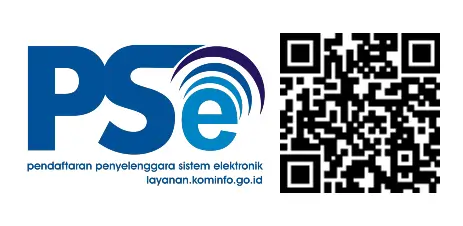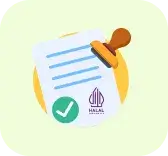Question:
Hi Legalku, I would like to ask in the event of a dispute between an employer and a worker, what mechanism can I do? Can I immediately take my case to court? thank you
Answer: Well, problems between workers and employers tend to occur for various reasons. However, it should be noted that in order to resolve disputes, especially in terms of manpower, it must pass several stages. Broadly speaking, the regulations regarding the settlement of labor disputes are regulated in Law Number 2 of 2004 concerning the Settlement of Industrial Relations Disputes (“ PPHI Law “). The PPHI Law explains that:
“Industrial Relations Disputes are differences of opinion that result in conflicts between entrepreneurs or a combination of entrepreneurs and workers / laborers or trade / labor unions because of disputes over rights, disputes over interests, disputes over termination of employment relations and disputes between trade unions / labor unions in one company. “
Where the types of disputes included are:
- Disputes over rights;
- Disputes of interest;
- Employment termination disputes; and
- Disputes between trade unions / labor unions are only within one company.
It should be noted that based on the PPHI Law, there are 4 ways to resolve disputes between workers and employers, namely bipartite negotiations, tripartite, arbitration, and the Industrial Relations Court (“ PHI “). However, it should be noted that in practice arbitration mechanisms are less desirable to be used in resolving these disputes, so we will only explain these frequently used settlement mechanisms. Furthermore, the PPHI Law clearly stipulates that the dispute resolution mechanism must be carried out in stages. The first step that must be done is through bipartite negotiations. The PPHI Law defines bipartite negotiations as:
“Bipartite negotiations are negotiations between workers / laborers or trade / labor unions and employers to resolve industrial relations disputes.”
The process of implementing this bipartite negotiation is given a maximum period of 30 days from the start date of the negotiations. If during the negotiation, one of the parties refuses to negotiate or a negotiation has been carried out but does not reach an agreement, the bipartite negotiation process is considered null and void in accordance with Article 3 of the PPHI Law. The failure of the bipartite negotiation process gave rise to the right for one or both parties to conduct a tripartite. In essence, tripartite is a negotiation process for both parties involving a third party. In the PPHI Law, the tripartite process includes mediation and conciliation. The third party in this mediation and conciliation is generally provided by the Manpower Office (Disnaker). If this tripartite stage also does not produce a fair, the next step is to bring the case to the IRC. Basically, the stages of the PPHI Law depart from the law between individuals. Therefore, the solution that you want to prioritize is a settlement through peace by both parties. That is what makes it necessary for the parties to try to resolve through bipartite and tripartite first. That’s all for our explanation, if you still have questions, please contact MY LEGALS so that you can be connected to our experts !!!











































